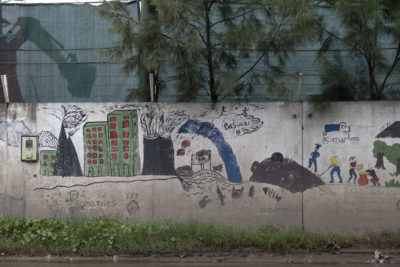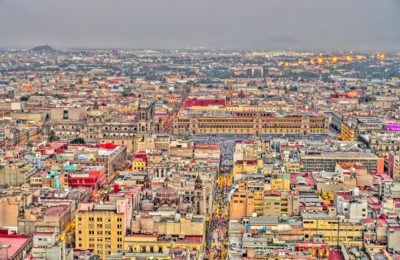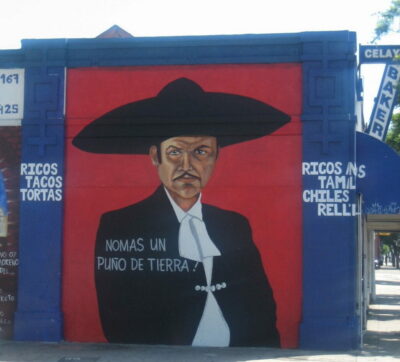This month's Items & Issues Newsletter theme theme is Urbanism and Infrastructure, focusing on how people interact with the built environment and how city infrastructure can best serve public needs.
Featured Theme: Urbanism and Infrastructure
In this reflection on MOA’s A Portrait of LA County report, Kelly Lytle Hernandez and Terry Allen connect their research on incarceration and policing in…
Veronica Herrera continues the “Just Environments” series by examining the ways in which low-income communities that are impacted by toxic contamination mobilize grassroots movements as…
Nikhil Anand’s contribution to the “Just Environments” series examines the making of urban inequality, focusing on water infrastructure as a key site for banal yet…
Layered MetropolisMore Collections >
Complicating the social theory that presumes increased urbanization means greater political progress and inclusion, Simeon J. Newman’s analysis of working-class political participation in twentieth-century Mexico…
The intertwined dynamics of urban “revitalization” and the displacement and destabilization of African Americans in US cities is not a phenomenon new to twenty-first century…
Adapted from the introduction to Power, Culture, and Place, this article published in 1988 examines the importance of New York City as a site of…
Trending Essays
Aliza Luft tackles a question essential for social science and for human rights work—how, and how much, does dehumanizing propaganda spread by planners of genocide…
Introduction Even as most Americans celebrate their heritage and identity as a “nation of immigrants,” there is deep ambivalence about future immigration. There is a…
When I think of Mexican migration, I think of a powerful metaphor and its sediments: tierra. Land. Earth. Soil. Subsoil. Dirt. Dust. Especially in the…
Frontiers
This article analyzes human labor within green infrastructure in Los Angeles, assessing emergent dynamics of environmental justice.
An examination of art from social movements in post-dictatorship São Paulo in the 1970s-1990s reveals how historians can analyze visual archives for new kinds of…











